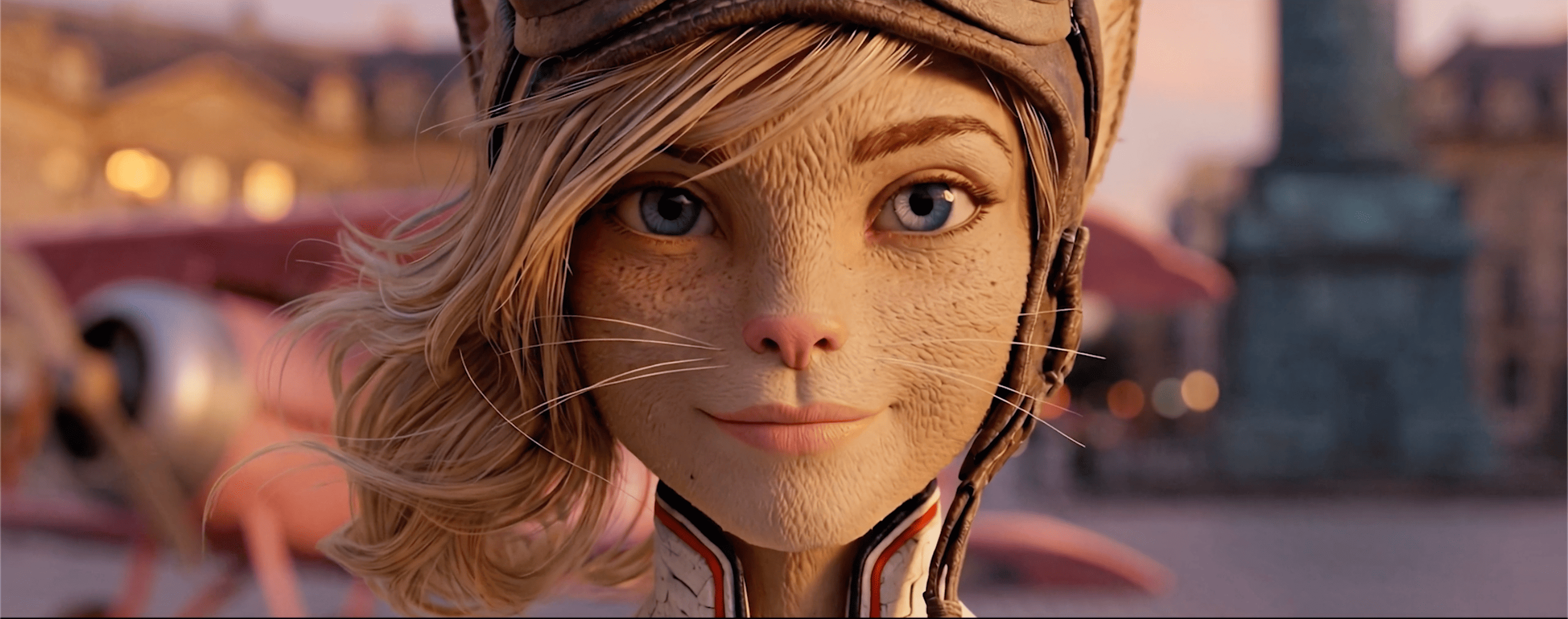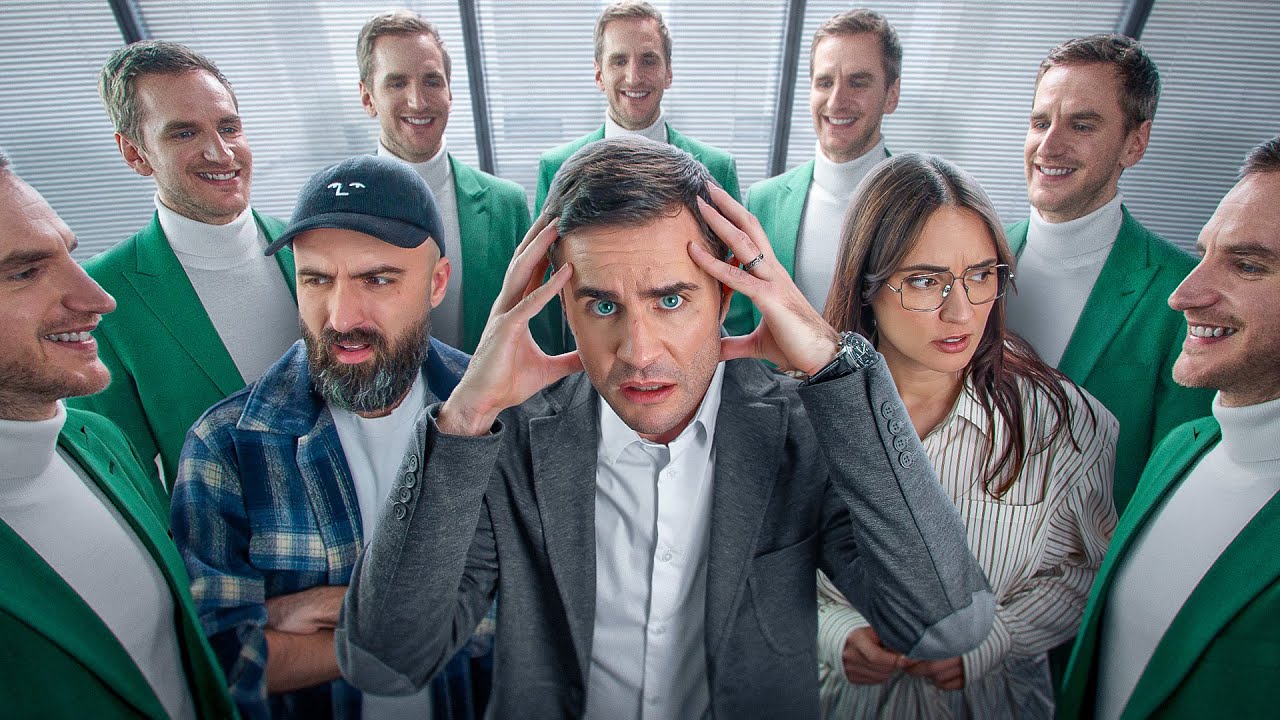The line between real and virtual is blurring in the world of marketing. At HEYIA Studio, specialists in creating ultra-realistic visual content assisted by artificial intelligence, we are watching this evolution with interest. A striking example? Puma Maroc has just unveiled Laila, its new 100% virtual face.
Who is Laila?
Created by the LOOP agency, Laila is a 21-year-old Moroccan woman who perfectly embodies the values of the brand:
- Passionate about soccer, running and surfing
- Anchored in Moroccan culture while being resolutely modern
- Active on Instagram where she shares her daily life in Casablanca
With already more than 12,500 followers on Instagram, this virtual influencer is arousing curiosity and engagement.
Why Choose a Virtual Muse?
Strategic advantages
Full Brand Image Control
- Complete control of the discourse and the values conveyed
- Eliminating the risks of inappropriate behavior
- Perfect consistency with brand positioning
Optimized User Engagement
- Natural curiosity of the public for this innovation
- Special resonance with Generation Z
- Higher than average interaction rates
Unparalleled Operational Flexibility
- Permanent availability for campaigns
- No geographic or temporal constraints
- Immediate adaptability to marketing needs
Ethical and Strategic Issues
However, this trend raises several legitimate questions:
Authenticity vs Artificial Perfection
Is authenticity, a central value of influencer marketing, compromised by these synthetic characters? Can consumers truly identify with a digital entity?
Unrealistic Beauty Standards
Aren't these hyperrealistic avatars likely to reinforce unattainable physical ideals? How to reconcile digital creativity and social responsibility?
Ethical border
Where is the line between marketing innovation and audience manipulation? Is transparency maintained sufficiently?
A trend that is asserting itself
Puma is not an isolated case. Virtual influencers are increasingly attracting major brands:
- Dior, Chanel and Samsung have already adopted this strategy
- The luxury sector is particularly receptive
- Numerous studies predict an exponential growth in this segment.
Conclusion
Does the emergence of virtual influencers like Laila represent a marketing revolution or a simple evolution? Is it a threat to human influencers or does it open up new creative opportunities?
The answer probably lies in a subtle balance between technological innovation and human authenticity.
Do you want to explore the potential of virtual characters for your brand? Contact us and discover how we can create ultra-realistic AI visual content that will transform your communication.









